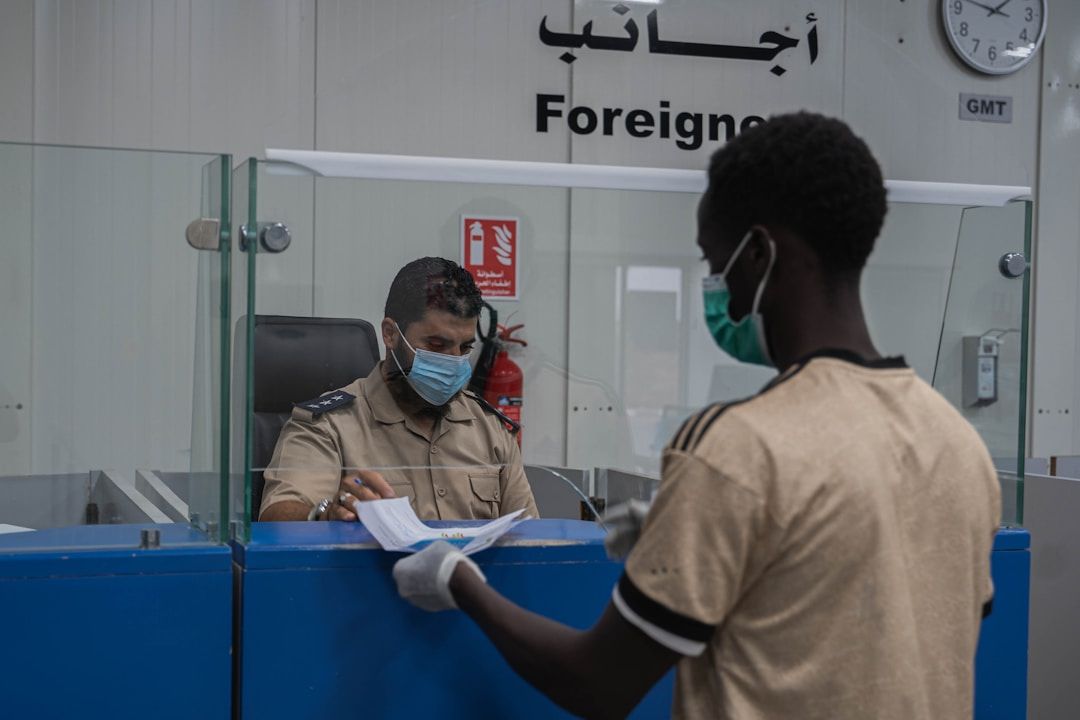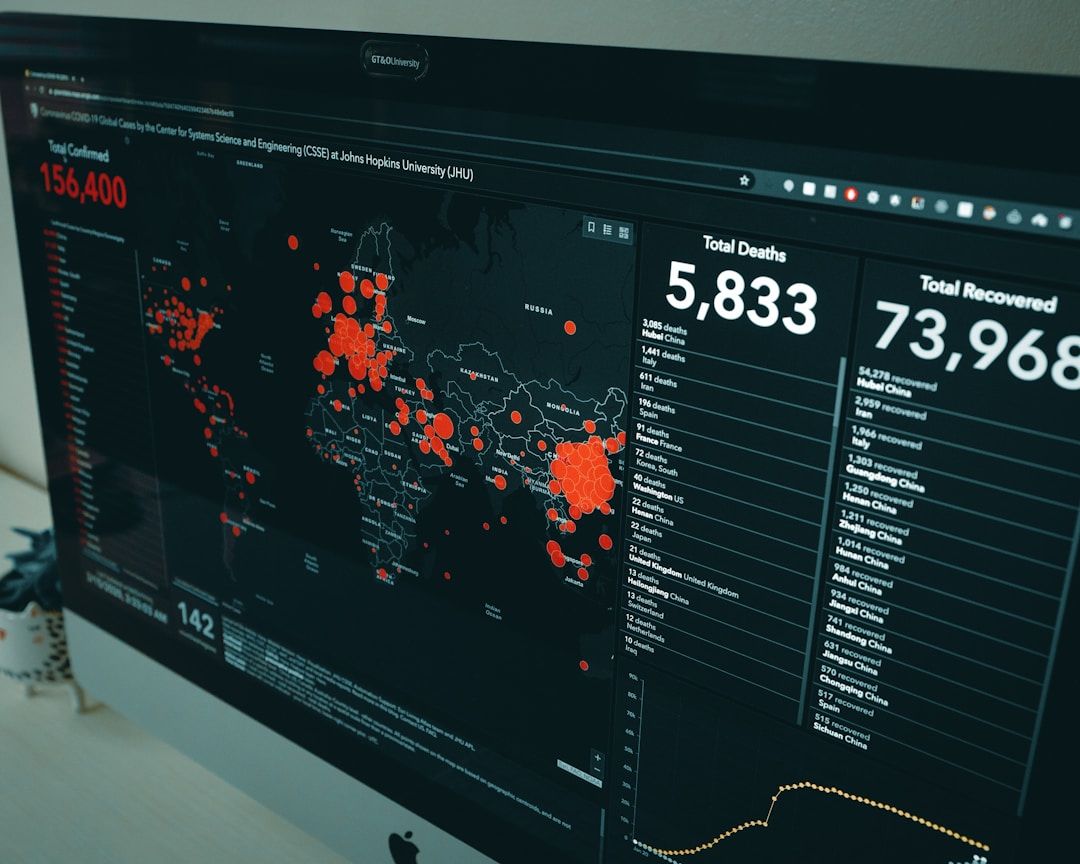Migrants and Refugees—Statistics and Global Databases
As part of the learning series "Migrants, Refugees, and Societies", this course explores whether global data on migration trends are sufficient to help inform and design effective migration policies. The course will survey the state of migration data, discuss its importance in designing suitable and effective migration policies in origin and destination societies, and discuss data and trends on related topics including demography, remittances, and forced displacement.
-
Training typology
Onsite -
Certificate
Free of charge




What's included?
-
Hands-on sessions
-
Text materials
-
Certification
-
Peer to peer discussions
Learning Objectives
- Be able to critically analyze research papers, policy reports, opinion pieces and news article on migration that aim to establish causal relationships.
- Know multiple potential methods of identifying the impacts of migration and the strengths and weaknesses of each.
- Be able to summarize a body of papers or reports with the appropriate level of caution when it comes to attributing impacts.
- Be able to design and implement an evaluation of the impact that migration has had on either the migrants and refugees themselves, their origin communities, or their hosts.
Who we are looking for
Journalists covering migration and forced displacement issues; mid-level to senior officials and policymakers in government agencies; development practitioners in international and regional organizations working on migration and forced displacement; NGO workers; researchers and thought leaders from think tanks; and master's and PhD students.
Meet our core team
Quy-Toan (Toan) Do
Lead Economist with the World Bank's Development Research Group
Narcisse Cha'ngom
Consultant at the World Bank Group

